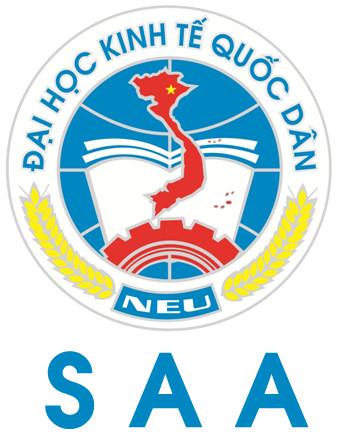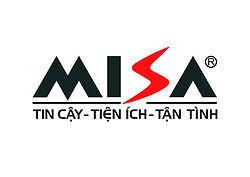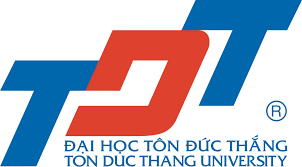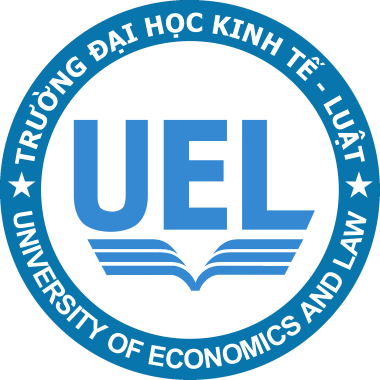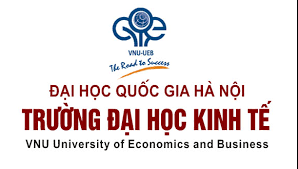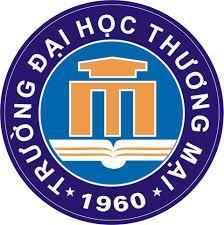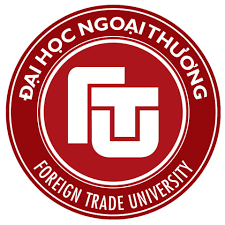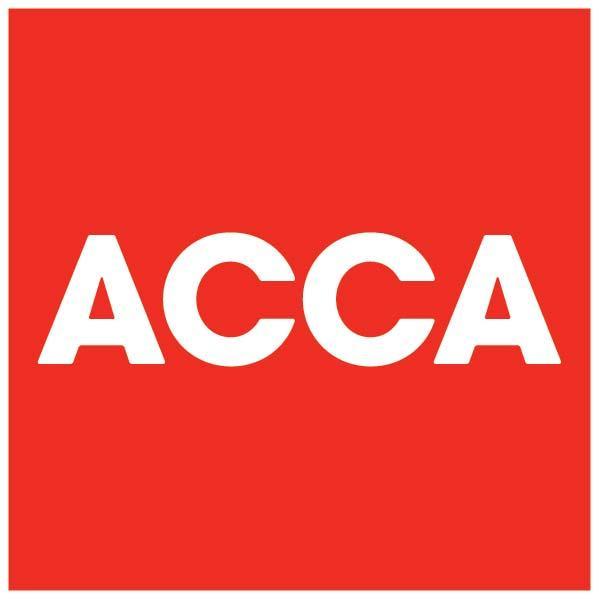Nghiên cứu sinh Phàm Thị Ngọc Thu bảo vệ luận án tiến sĩ
Vào 16h00 ngày 30/06/2025 tại P501 Nhà A2, Trường Đại học Kinh tế Quốc dân tổ chức lễ bảo vệ luận án tiến sĩ cho NCS Phạm Thị Ngọc Thu, chuyên ngành Kế toán, kiểm toán và phân tích với đề tài: "Ảnh hưởng của áp dụng kế toán quản trị môi trường tới hiệu quả tài chính trong các doanh nghiệp xây dựng ở Việt Nam" do GS.TS. Nguyễn Hữu Ánh và TS Phan Thị Thu Hiền hướng dẫn.

New academic and theoretical contributions
Firstly, the research has applied three foundational theories: Resource-based Theory (Barney, 1991), Upper echelon Theory (Hambrick & Mason, 1984) and Social Cognitive Theory (Bandura, 1986) to develop a research model on the impact of environmental management accounting (EMA) adoption on financial performance. While existing domestic studies mainly approach EMA from the perspective of influencing factors and the current application status, the thesis is among the first in Vietnam to systematically integrate all three theories to evaluate the impact of this accounting tool on the financial performance by clarifying the roles of internal resources, leadership factors, and managerial perception.
Secondly, based on the above theories, the proposed research model not only tests the direct relationship between EMA adoption and financial performance, but also integrates two important mediating mechanisms: green process innovation and environmental performance. In particular, the model tests moderating effects in two aspects: top management support in the relationship between EMA and financial performance; perceived benefits in the relationship between influencing factors and the EMA adoption. The evaluation of these mediating and moderating effects contributes to clarifying the impact mechanism in each relationship and expanding the theoretical model compared to previous studies that mainly focused on direct relationships.
Discovery and propose drawn from research result
The research findings confirm that EMA adoption has a positive impact on the financial performance of construction enterprises in Vietnam, through the direct, mediating and moderating mechanisms of green process innovation, environmental performance and top management support. Additionally, environmental strategy and perceived benefits were also proven to be factors promoting EMA adoption in enterprises.
Based on these findings, the research proposes that construction enterprises in Vietnam should comprehensively adopt EMA as part of their sustainable development strategy, in order to improve financial performance via green process innovation and environmental performance. To improve implementation efficiency, enterprises should proactively develop environmental strategies, increase awareness and promote the supporting role of top managers. In the context where awareness of EMA remains limited, the research findings have practical value, providing businesses with a stronger foundation to confidently apply EMA in management practices. In addition, the thesis also makes recommendations to the Government, regulatory bodies and training institutions in completing legal framework, enhancing standards and regulations on environmental information disclosure, issuing detailed accounting guidelines, and expanding training programs,…These policies provide a solid foundation for EMA to be widely and effectively implemented in practice.

New academic and theoretical contributions
Firstly, the research has applied three foundational theories: Resource-based Theory (Barney, 1991), Upper echelon Theory (Hambrick & Mason, 1984) and Social Cognitive Theory (Bandura, 1986) to develop a research model on the impact of environmental management accounting (EMA) adoption on financial performance. While existing domestic studies mainly approach EMA from the perspective of influencing factors and the current application status, the thesis is among the first in Vietnam to systematically integrate all three theories to evaluate the impact of this accounting tool on the financial performance by clarifying the roles of internal resources, leadership factors, and managerial perception.
Secondly, based on the above theories, the proposed research model not only tests the direct relationship between EMA adoption and financial performance, but also integrates two important mediating mechanisms: green process innovation and environmental performance. In particular, the model tests moderating effects in two aspects: top management support in the relationship between EMA and financial performance; perceived benefits in the relationship between influencing factors and the EMA adoption. The evaluation of these mediating and moderating effects contributes to clarifying the impact mechanism in each relationship and expanding the theoretical model compared to previous studies that mainly focused on direct relationships.
Discovery and propose drawn from research result
The research findings confirm that EMA adoption has a positive impact on the financial performance of construction enterprises in Vietnam, through the direct, mediating and moderating mechanisms of green process innovation, environmental performance and top management support. Additionally, environmental strategy and perceived benefits were also proven to be factors promoting EMA adoption in enterprises.
Based on these findings, the research proposes that construction enterprises in Vietnam should comprehensively adopt EMA as part of their sustainable development strategy, in order to improve financial performance via green process innovation and environmental performance. To improve implementation efficiency, enterprises should proactively develop environmental strategies, increase awareness and promote the supporting role of top managers. In the context where awareness of EMA remains limited, the research findings have practical value, providing businesses with a stronger foundation to confidently apply EMA in management practices. In addition, the thesis also makes recommendations to the Government, regulatory bodies and training institutions in completing legal framework, enhancing standards and regulations on environmental information disclosure, issuing detailed accounting guidelines, and expanding training programs,…These policies provide a solid foundation for EMA to be widely and effectively implemented in practice.
